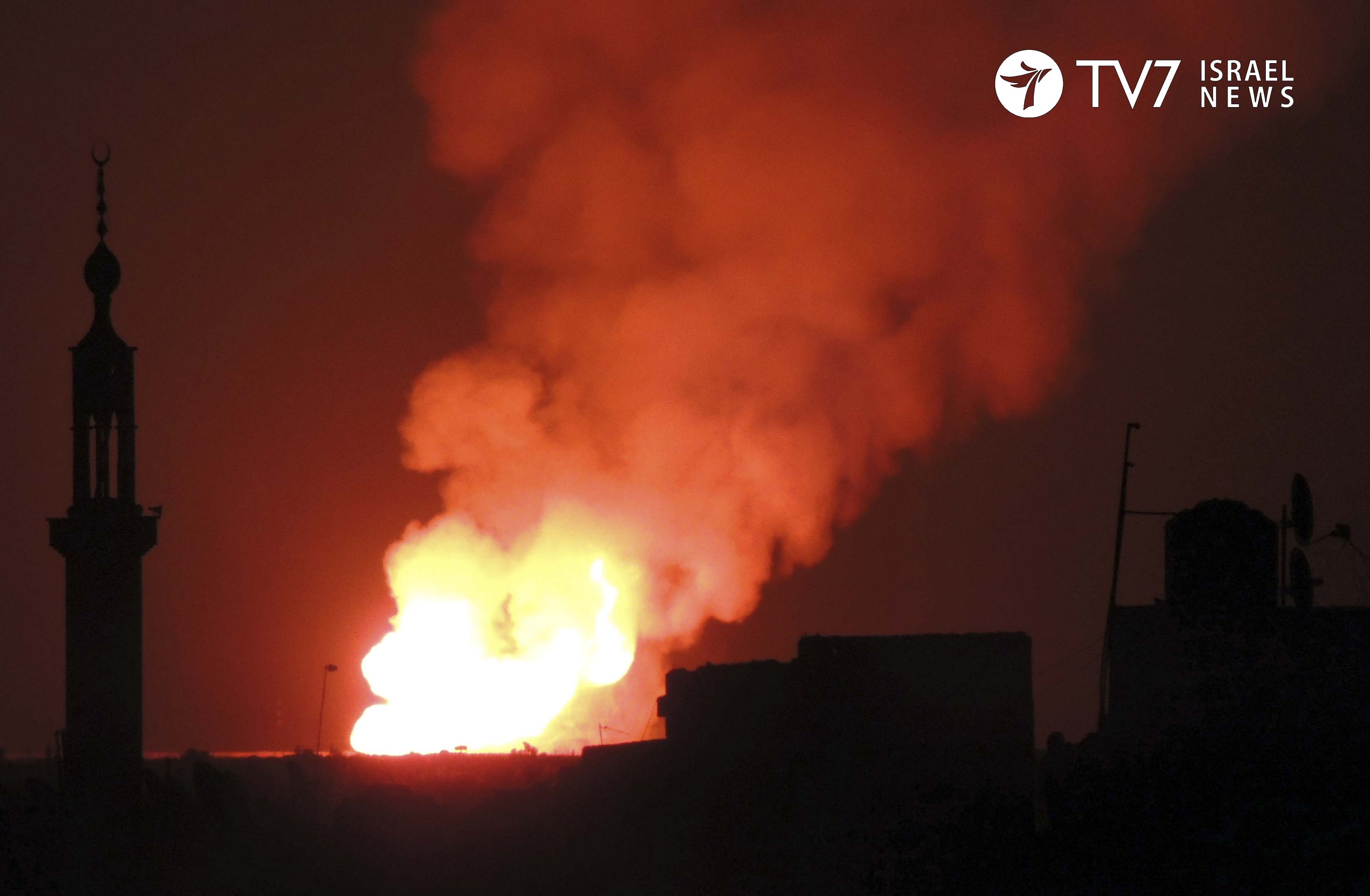The Syrian army confirmed reports of an airstrike overnight on a Scientific Studies and Research Center of the Syrian government, which is located near the city of Hama, some 200 kilometers north of the capital Damascus. Two soldiers were reportedly killed and several others were wounded in the strike, with Syrian army officials crediting Israel with responsibility, because of the fact that the attacking fighter-jets entered Syria’s airspace from the country’s Western neighbor, Lebanon, before firing “four highly advanced guided missiles” toward the site. The center, which is responsible for research and development of nuclear, biological, chemical and missile technology, was according to reports “completely destroyed.” Even though the Syrian Army vowed to respond to the alleged Israeli strike, military officials both in Syria and Israel voiced skepticism of any response. The officials’ sentiment was also echoed by TV7’s Jerusalem Studio analyst, Amir Oren, who pointed to an Israeli air force strike, which took place precisely 10 years ago to the day, in which Israel destroyed a north-Korean-built Syrian-nuclear-reactor that was located in the eastern district of Deir al-Zor. Amir noted that “Just like at that time, there are questions regarding Bashar Assad’s potential response to this attack. But experience shows that if Israel is rhetorically restraint, and does not cause Assad to lose face, he will not escalate, as it is not in his perceived interest to draw Israel into the civil war in force, just as he seems to be finally winning it, and he will probably have to consult with the Russians before he rushes to launch missiles against Israel.” Amir Oren further explained that “For Israel, there were probably two red lines involved (which included) – chemical warfare capabilities, and the transfer of strategic weapons to Hezbollah in Lebanon,” an Israeli red-line which the regime in Syria was probably about to breach, as “Usually such decisions are not taken lightly by the Israeli security cabinet and general staff.”
